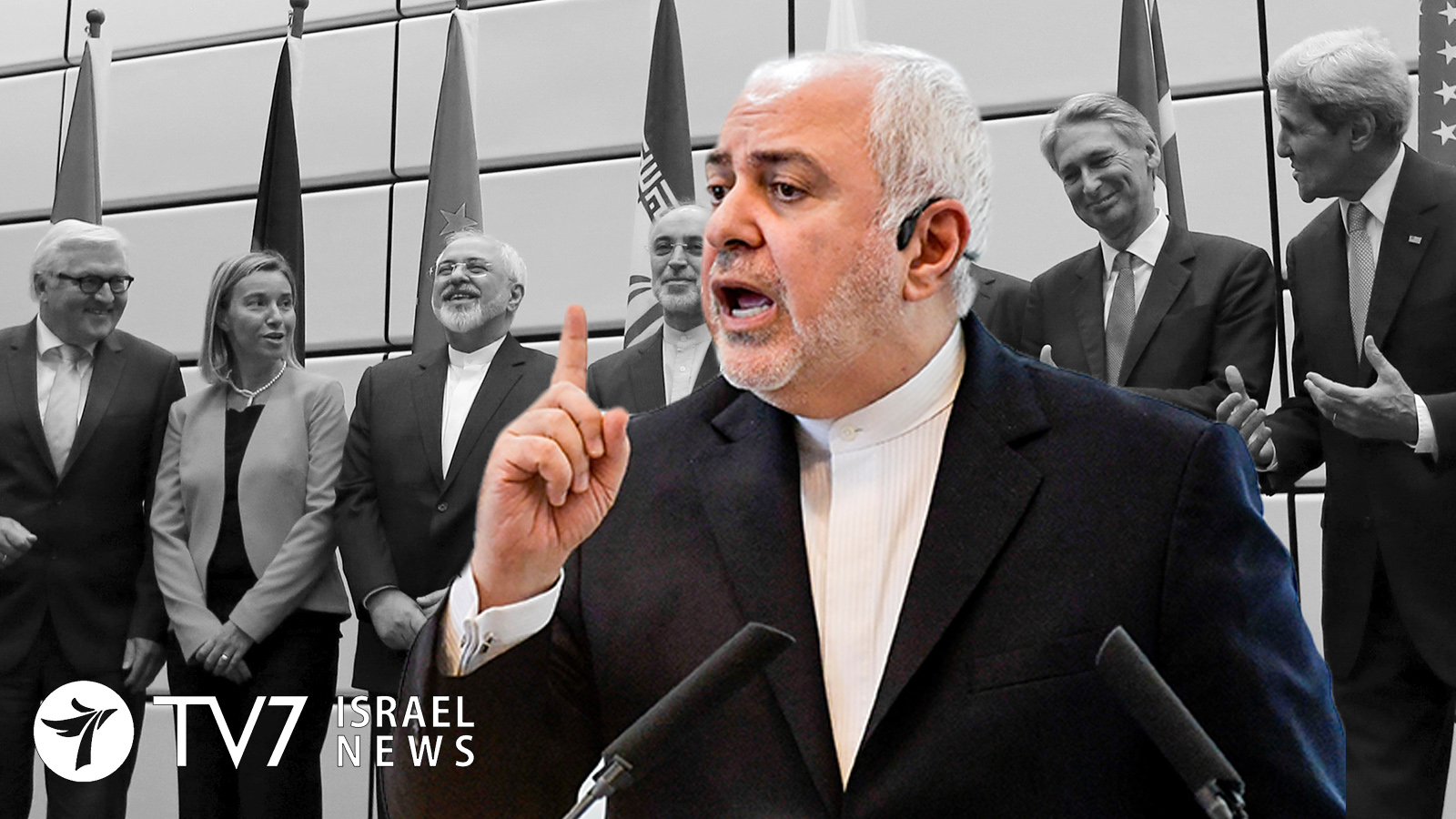Iranian Foreign Minister Mohammad Javad Zarif has claimed that there is no need for his nations to withdraw from its 2015 Joint Comprehensive Plan of Action (JCPOA) nuclear agreement with world powers , as he insisted the Islamic Republic’s reduced commitments have been executed within the guidelines of the multilateral accord.
In an interview with China Central Television network, the Iranian top diplomat maintained that Tehran has made every effort to preserve the deal, in spite of the United States decisions to withdraw and reimpose harsh international sanctions on Iran. “You see this agreement was negotiated based on mutual mistrust, particularly between Iran and the United States,” Zarif said, adding”that is why we put in place in the agreement, mechanisms to address violations and remedies that each side could adopt in case of violation from the other side.” He then stressed that “one of those remedies for Iran is to reduce its commitments.”
Minister Zarif also emphasized during the interview that two options remain for the agreement to be salvaged, stating that “one is for President Trump to abandon his approach and agree to rejoin those who are implementing the agreement.” The only other alternative posited by Zarif was “for Europe and the rest of the JCPOA participants including China and Russia, to continue with implementing their obligations under JCPOA.”
While the Iranian top diplomat continues to urge the international community to adhere to the JCPOA, the Islamic Republic continues to violate United Nations Security Council Resolution 2231, of which Paragraph 3 of Annex B “calls upon Iran not to undertake any activity related to ballistic missiles designed to be capable of delivering nuclear weapons, including launches using such ballistic missile technology.”
Tehran has rejected the aforementioned clause from the day Resolution 2231 was adopted four years ago. As part of its efforts to bolster its capabilities, the Islamic Republic attempted to launch a satellite into orbit yesterday, using a rocket with ‘ballistic missile technology’ capable of delivering nuclear payloads.
The launch from Imam Khomeini Space Center in northern Iran failed, however; when the projectile exploded on its launch pad. According to an unnamed Iranian official cited by Reuters, ‘the failure was a result of “some technical issues” and that “young scientists are working to fix the problem.””A U.S. official, also speaking to the international news agency on condition of anonymity, confirmed that “Iran suffered a satellite launch failure.”
No further details were available about the failed Iranian satellite initiative.
